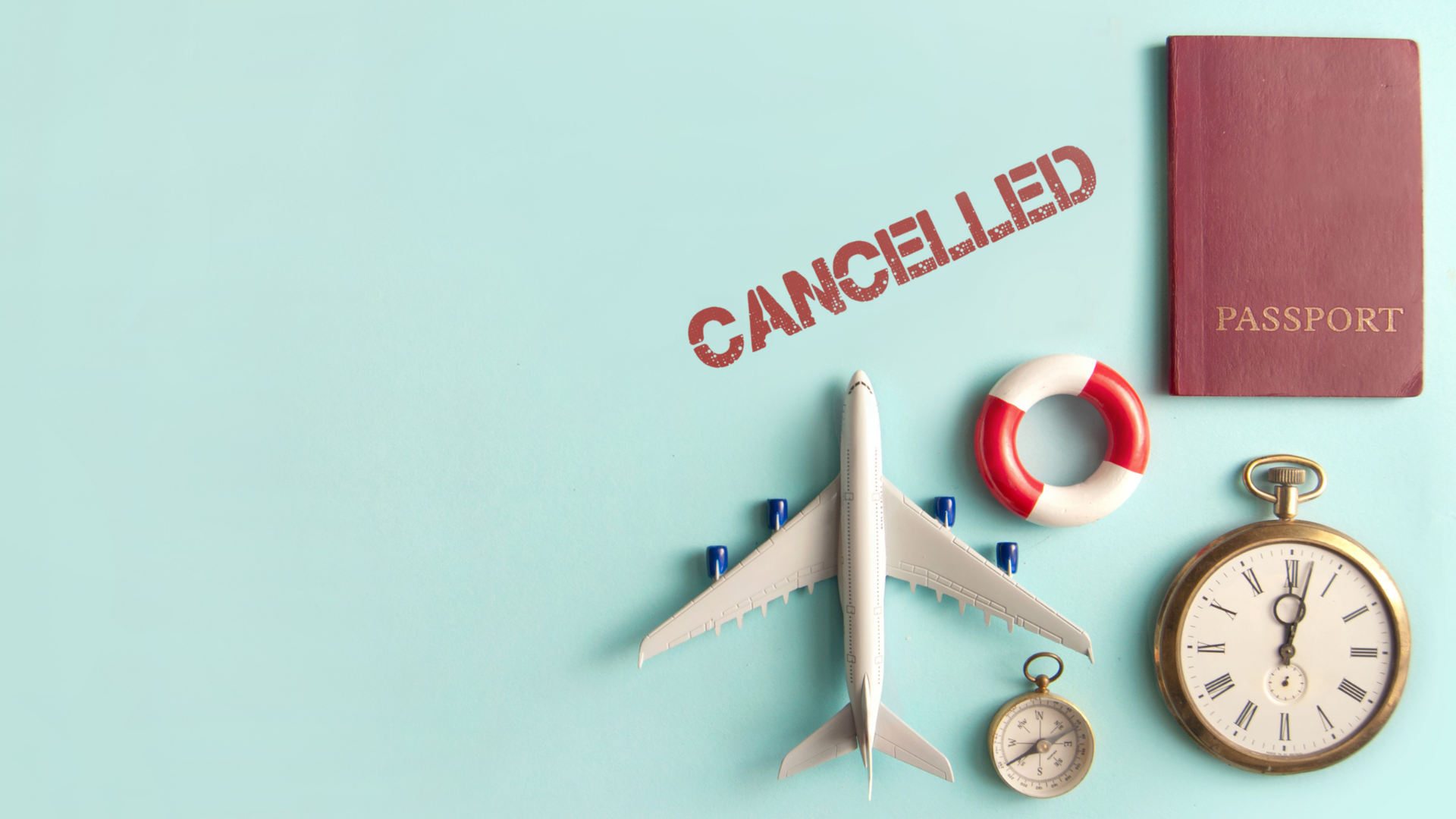Most people face the problem when they are about to cancel travel plans because they are not certain about the consequences. The uncertainty is usually the main reason behind peoples’ hesitation. People will decide not to take the risk of canceling the travel plans, even though they know that it is bad to go on the trip.
When Is the Right Time to Cancel Your Travel Plans?
Millions of people suffer from a fear of flying. If you are one of them, you should know that it is not uncommon to cancel travel plans, even when your departure date is fast approaching. You may be surprised to discover how many people have canceled a flight, only to be glad that they did.
Canceling travel plans can be an emotionally challenging decision. It is always advisable to consider canceling travel plans as soon as possible — the earlier, the better.
Here are several tips on what you should do:
- If you had to cancel a trip, you might be able to get a partial refund if your ticket was non-refundable. You should contact the airline or hotel directly. Airlines charge penalties for changing tickets, so you could be out of luck if you try to change your reservations. However, if you cancel your trip, the ticket is no longer valid, and so the airline should refund the remaining amount.
- Follow up in an email, phone call, or message through the app but make sure to follow up nicely. Most people providing travel services and accommodations want to keep their customers happy and will do whatever they can to make you a satisfied customer. No one wants to waste their time or money on a trip that they don’t want to take. Sometimes though, plans change, and you will need to cancel your travel plans. If you are canceling your plans but not getting the type of compensation you would prefer, follow up in an email, phone call, or message through the app but make sure to follow up nicely.
- Understand the covered reasons for canceling a trip. For most people, travel insurance is meant to be a peace of mind, giving you protection from catastrophic situations that would cancel a trip, like the death or illness of a family member. But travel insurance also has some unexpected, covered reasons, like natural disasters and weather problems. Don’t assume you’re covered for these or other situations that could cause you to cancel a trip.
For many travelers, canceling plans can be one of the most stressful parts of travel. Canceling a trip can be costly or simply inconvenient, especially if it’s close to the departure date.
We all want to get the best deal possible on the flip side, so we may wonder if it’s worth the risk to stick with our plans despite an impending storm or other travel-related drama.
Trip Cancellation Insurance
The holiday season is often a time for travel. But what if something happens, and you have to cancel your plans? When is the right time to cancel, and what are the best practices when it comes to canceling travel plans? If you are taking a trip, you should purchase trip cancellation insurance. This can be purchased from your cruise line or tour company or from a private company. The insurance will cover many costs, including those related to unexpected events that keep you from traveling.
It’s hard to overstate the importance of flight cancellation insurance. When things go wrong with your flight, whether it’s mechanical issues or bad weather, you have no choice but to wait and hope for the best. If you’re not on a refundable ticket or if you’ve purchased travel insurance, waiting is all you can do. If you’ve bought flight cancellation insurance, on the other hand, you can request that your flight be rescheduled, which is a much better alternative. For example, if you have to wait for a new plane, you might end up in a crowded terminal or on a flight that you’re not comfortable with. Rescheduling means you can wait in your hotel and get a new flight that’s more convenient.
Planning a trip is exciting, but it can also be stressful. One of the most common concerns is whether or not it’s a good idea to cancel your travel plans. The short answer is yes. It is sometimes perfectly acceptable, as long as you follow a few simple rules. In the best-case scenario, you’ll have flexible travel plans, such as a flight or hotel reservation, that you can cancel without a penalty, so you’ll only be out of the cost of any non-refundable fees.

